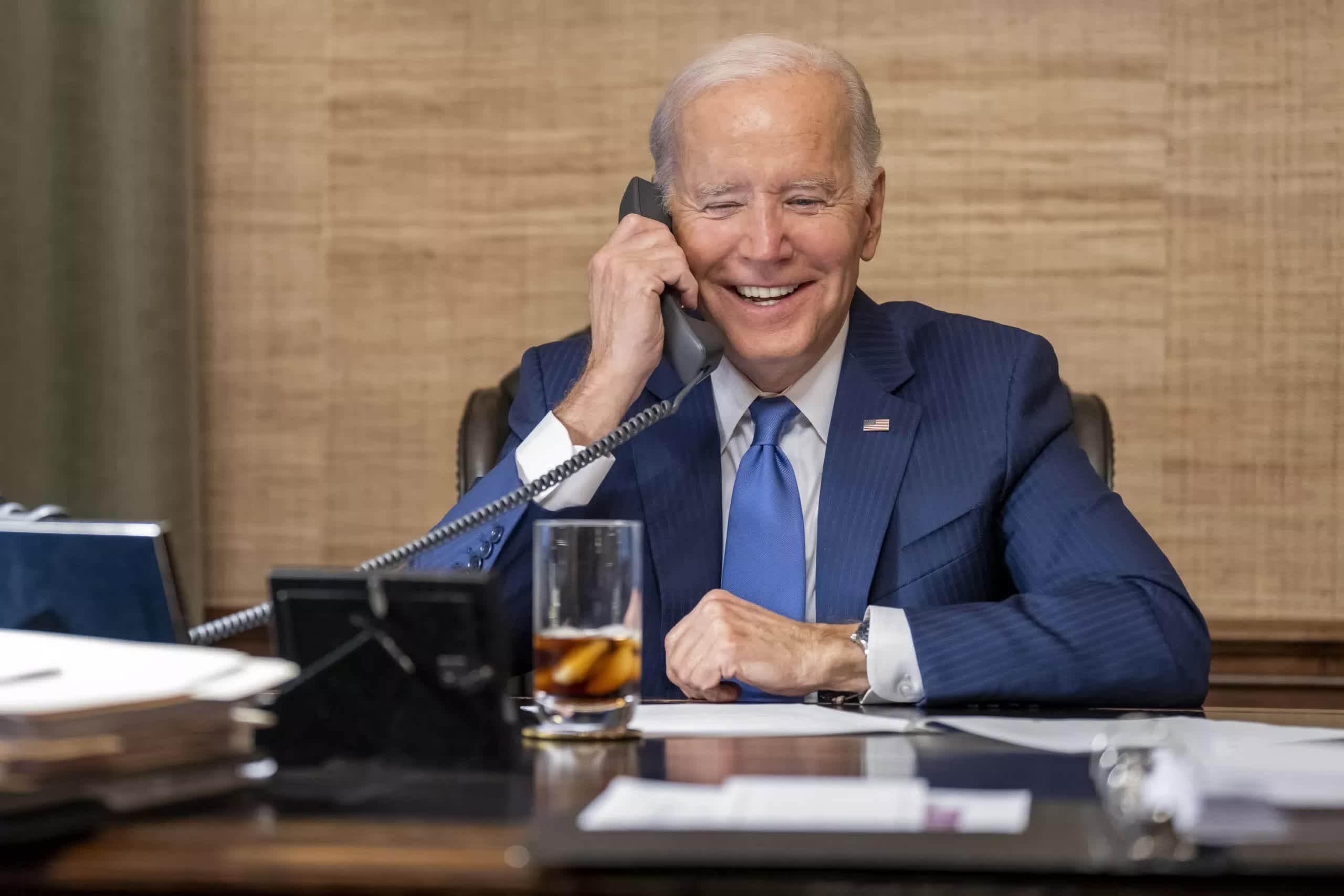Serving tech enthusiasts for over 25 years.
TechSpot means tech analysis and advice you can trust.
In a nutshell: The Biden administration has set its sights on the influx of ultra-cheap imports flooding the US, primarily from China-based e-commerce giants like Shein and Temu. A newly proposed law aims to close a loophole that has allowed these platforms to import certain goods duty-free.
The loophole in question is the "de minimis" exemption, which currently waives tariffs and duties on shipments valued under $800. While intended to facilitate low-value international commerce, the exemption has also enabled Chinese retailers to flood the American market with over a billion annual shipments of discounted apparel, textiles, and other merchandise.
Addressing what he called "unsafe, unfairly traded products," President Biden accused these Chinese commerce giants of exploiting the policy.
"Over the last ten years, the number of shipments entering the United States claiming the de minimis exemption has increased significantly, from approximately 140 million a year to over one billion a year," Biden stated, adding that most of these deliveries originate from multiple China-founded platforms.
Biden claimed that the influx of low-cost imports has created an uneven playing field domestically, leaving US-based retailers like H&M and Zara struggling to compete.

Beyond undercutting American businesses, Biden claimed that the abuse of the tariff exemption also complicates the enforcement of US trade laws, health and safety requirements, intellectual property rights, and consumer protection rules. What's more, it hinders efforts to prevent drugs like fentanyl from entering the country.
Proposed solutions include making imports covered by existing US trade tariffs – currently around 40 percent of total imports, including 70 percent of Chinese textiles and apparel – ineligible for the de minimis exemption.
The Import Security and Fairness Act, currently under review in the House, would automatically eliminate duty exemptions for imports from any country on the US Trade Representative's Priority Watch List. This list includes not only China but also Argentina, Chile, India, Indonesia, Russia, and Venezuela.
If a blanket removal is not feasible, there is consideration of at least excluding textile and apparel products from the exemption. Additionally, the administration recommends requiring more detailed data disclosures, such as 10-digit tariff classification numbers and additional information on individuals using the exemption.
The crackdown aligns with broader White House efforts to counter China's economic influence and protect domestic industries. Policy moves include restricting electronics imports and incentivizing US electric vehicle production, aimed at reducing American reliance on Chinese technology and manufacturing.



/cdn.vox-cdn.com/uploads/chorus_asset/file/25624467/MPY_101_03438_R2C.jpg)

/cdn.vox-cdn.com/uploads/chorus_asset/file/25242409/20230608_Palworld_Screenshot_02.png)



 English (US) ·
English (US) ·